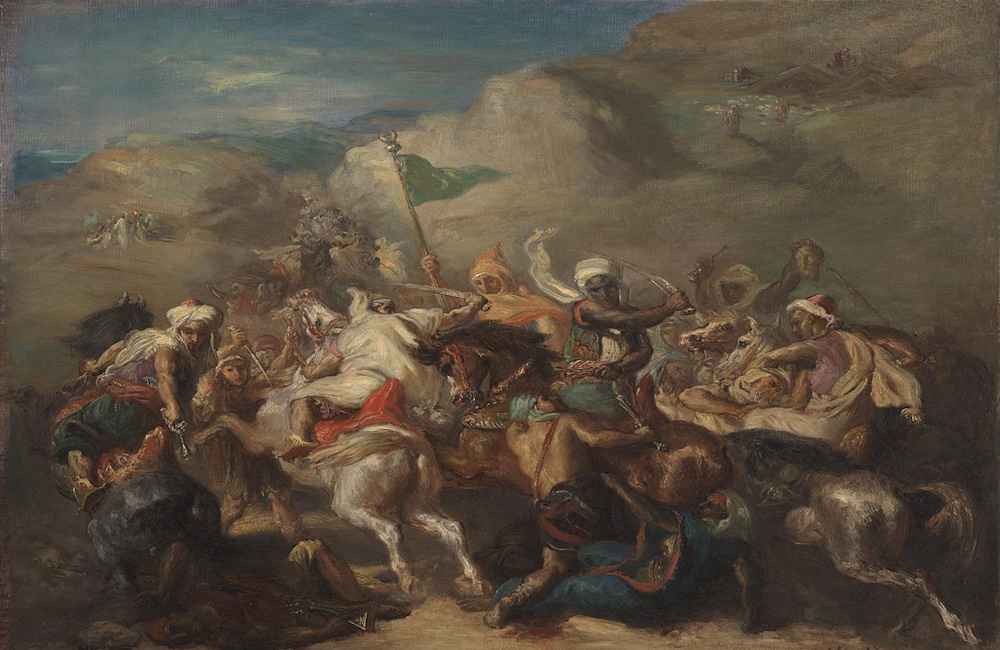Surah 2, Verses 190-191
Verse 190: “Fight in the way of Allah those who fight you but do not transgress. Indeed. Allah does not like transgressors.”
Verse 191: “And kill them wherever you overtake them and expel them from wherever they have expelled you, and fitnah is worse than killing. And do not fight them at al-Masjid al-Haram until they fight you there. But if they fight you, then kill them. Such is the recompense of the disbelievers.”
This verse permits Muslims to fight their enemies wherever they are encountered, particularly in response to aggression or persecution. The term “fitnah,” often translated as “persecution” or “oppression,” is highlighted as being worse than killing, suggesting that in the context of religious persecution, fighting back is justified. However, the verse also stresses the sanctity of al-Masjid al-Haram (the Sacred Mosque in Mecca), advising restraint unless Muslims are attacked there first.
Islamic Scholars’ Interpretation
Islamic scholars generally interpret these verses as establishing the rules of engagement for Muslims, particularly in situations of self-defense. The command to “fight those who fight you” is seen as a directive for defensive warfare, not as a license for unprovoked aggression. The prohibition against transgression is a crucial aspect, reinforcing the idea that even in war, Muslims must adhere to ethical standards.
The verse also addresses the specific context of early Islam, when Muslims were often under threat and facing persecution. Scholars argue that these verses were revealed in response to those circumstances and should be understood within that historical context. They emphasize that Islam promotes peace and that warfare is only a last resort when all other options have been exhausted.
Conclusion
In conclusion, the interpretation by Islamic scholars of Surah 2:191-192 as advocating self-defense is largely irrelevant given the broader context of Islam’s expansion. The violent message promoted by these verses, alongside the historical fact that Islam spread primarily through warfare initiated by Muhammad, underscores a more aggressive intent than mere self-defense. The so-called principles mentioned in the verses, such as restrictions on killing everyone or avoiding persecution, are overshadowed by the overarching goal of conquest and expansion inherent in Islam’s early history.
These principles, while seemingly moderating, do not align with the primary aim of Islam, which has historically been to impose itself on others. The goal of spreading Islam by force, as reflected in many verses in the Quran, suggests that it is not a religion of peace but one of expansion. The continuous drive to impose religious beliefs on others, even against their will, highlights the fundamental issue: the intention to dominate rather than to coexist peacefully. This perspective reveals the inherent conflict between the notion of peace and the reality of religious imposition found in the Quran.
